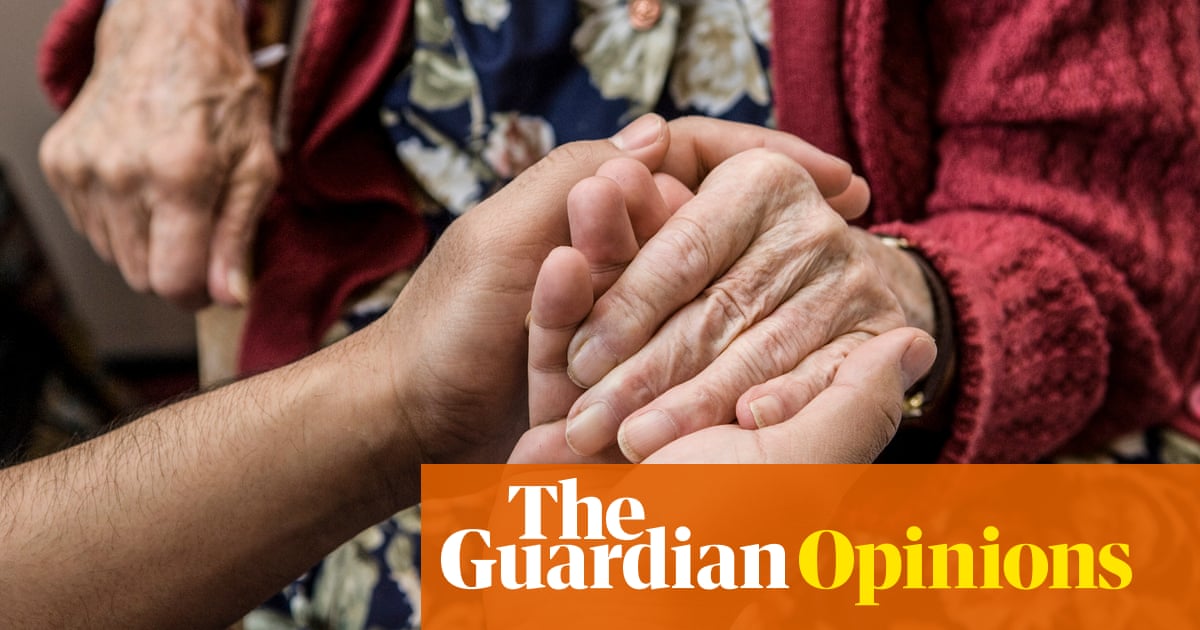
"The uncustomary quiet of a Sunday morning in the emergency department is broken by a universally relevant question. And if your heart were to suddenly stop beating, what would you like us to do?"
"Following a bad fall months ago, my patient can't speak or move. She has pneumonia and a high sodium level not compatible with life."
"What would you like me to do? I muse, hoping she will magically answer. She smiles benignly. I am torn."
"Do doctors treat patients in the same way they would want to be treated at the end of life? A new study sheds some light on this issue."
Emergency department staff face moral challenges when patients cannot express their wishes for end-of-life care. A physician grapples with treating a patient experiencing pneumonia and a critical sodium imbalance, reflecting on the patient’s lack of distress versus the implications of potential treatment. The decision-making process is complicated when doctors consider how to treat patients as they themselves would wish to be treated at the end of life. A study involving over a thousand doctors from diverse backgrounds addresses these ethical considerations in end-of-life scenarios.
Read at www.theguardian.com
Unable to calculate read time
Collection
[
|
...
]